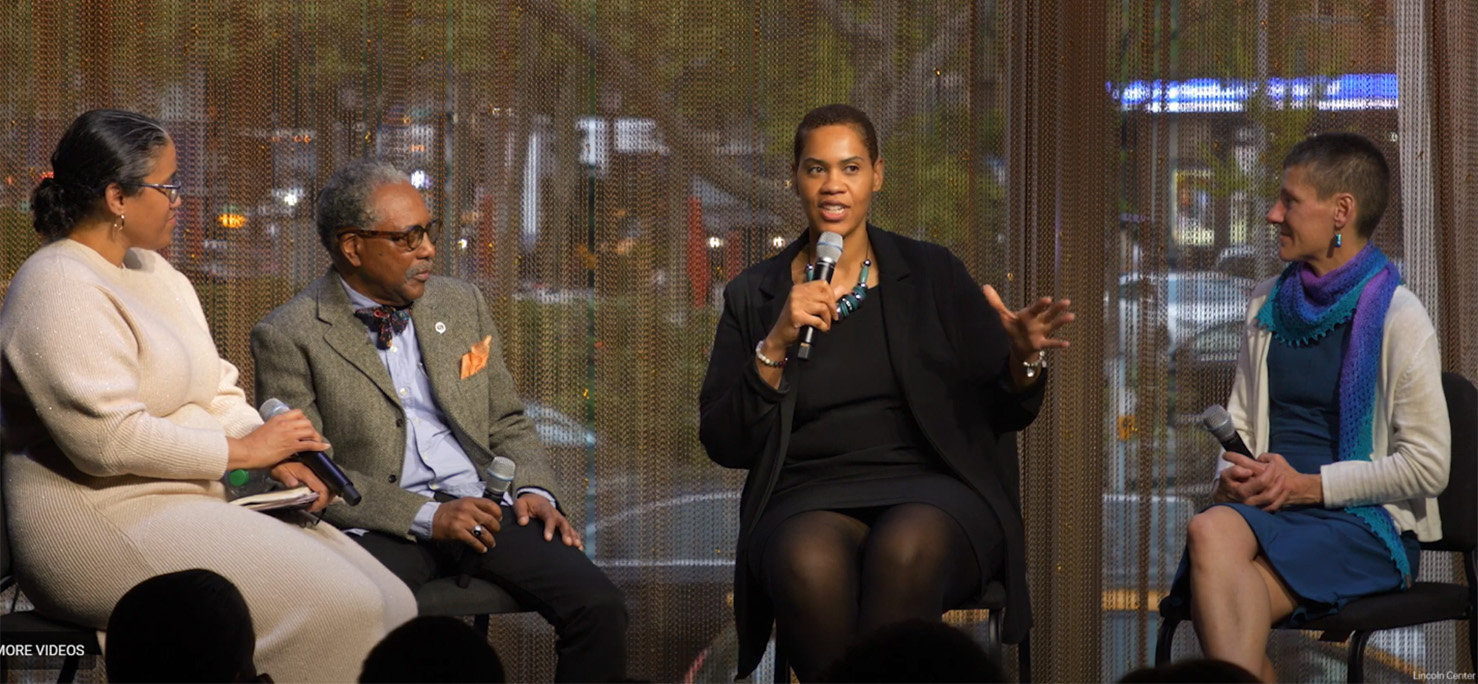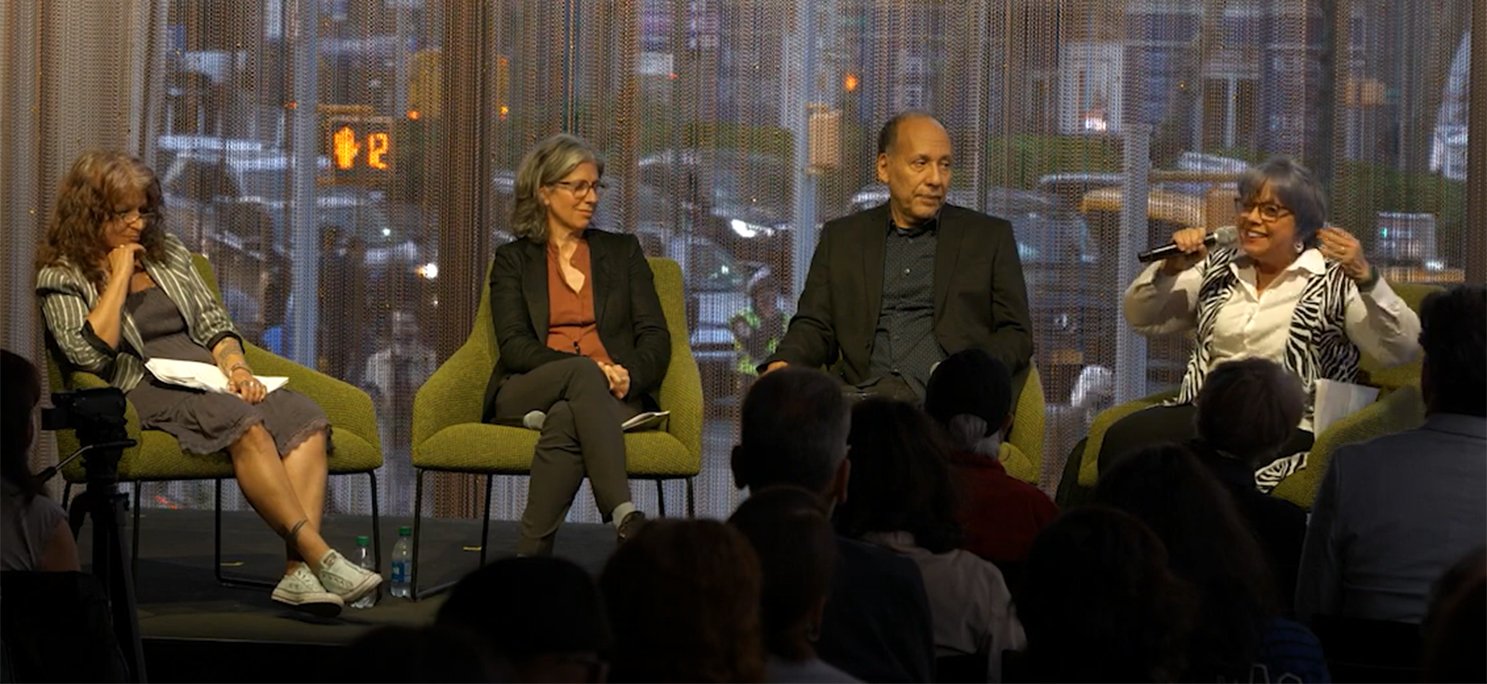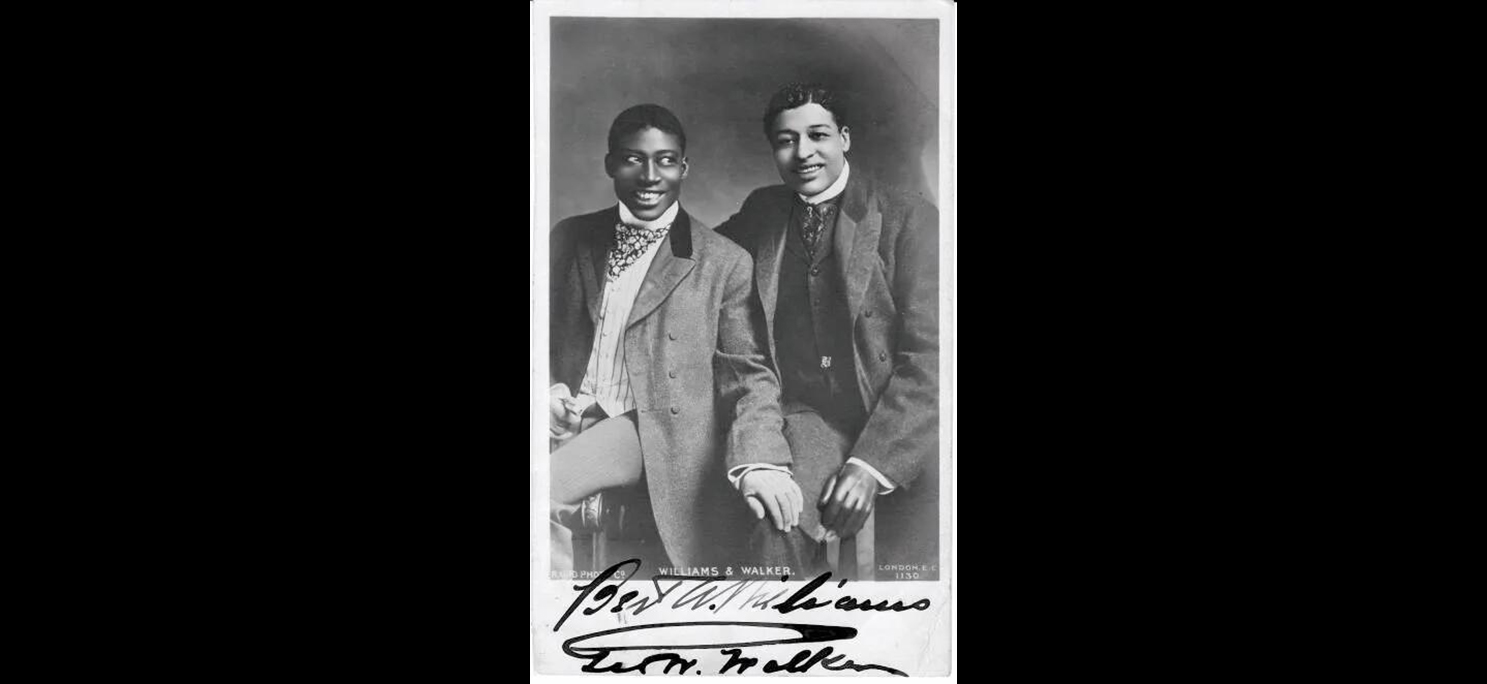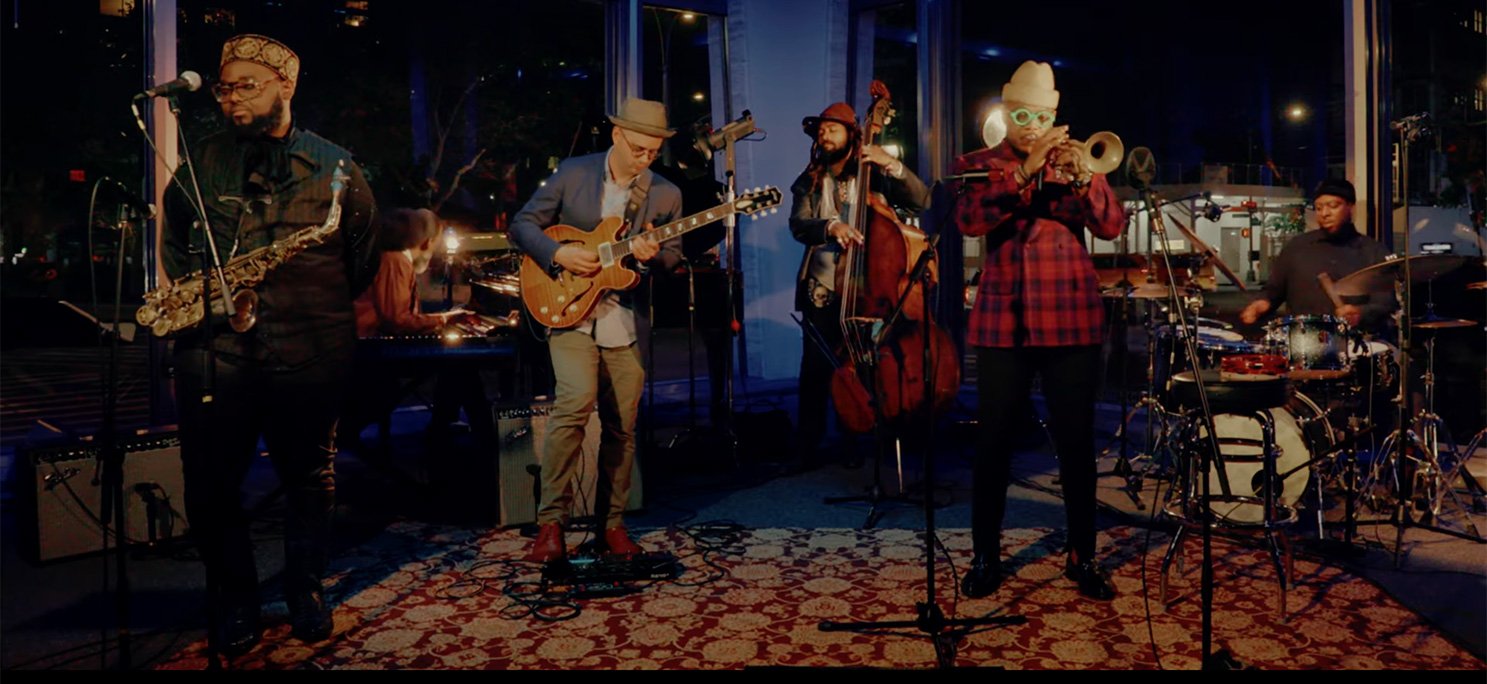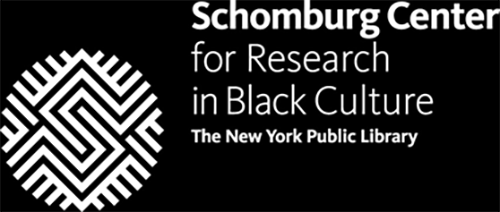New York City's Black Bohemia (1900–1920)
New York City's Black Bohemia (1900–1920)
June 26, 2023
Co-presented by Schomburg Center for Research in Black Culture and Lincoln Center
At the turn of the 20th century, San Juan Hill was home to the largest Black population in New York City. This historic Manhattan neighborhood was established predominantly by Black people from all across the United States and the Caribbean through a wave of migration that grew dramatically from the end of the Civil War to the early 1900s. A densely populated area, San Juan Hill reflected a diverse cross-section of ethnicities, economic classes, and occupations among its residents. A dynamic community emerged, including such trailblazers as Arturo Schomburg (archivist whose collection led to the founding of the Schomburg Center for Research in Black Culture), James Reese Europe (bandleader and founder of the Clef Club Orchestra), James Anderson (founder of the Amsterdam News), and the Black nurses of the Stillman Settlement. These iconic figures made strides in scholarship, music, journalism, and social work through cultural contributions that uplifted the Black community, a precedent for the Harlem Renaissance.
In this talk, leading scholars and cultural leaders discuss the origins of San Juan Hill and how the founding of that neighborhood reflects the struggles and triumphs of the African diaspora in New York City over one hundred years ago, while shining a light on today.
Moderator:
Dr. Vanessa K. Valdés (Associate Provost for Community Engagement, The City College of New York)
Panelists:
Marcy Sacks (Professor of History, Albion College)
Rhonda Evans (Assistant Chief Librarian, Schomburg Center)
Ron Scott (Writer, Amsterdam News)
This conversation was filmed at Lincoln Center on Thursday, April 27, 2023.


